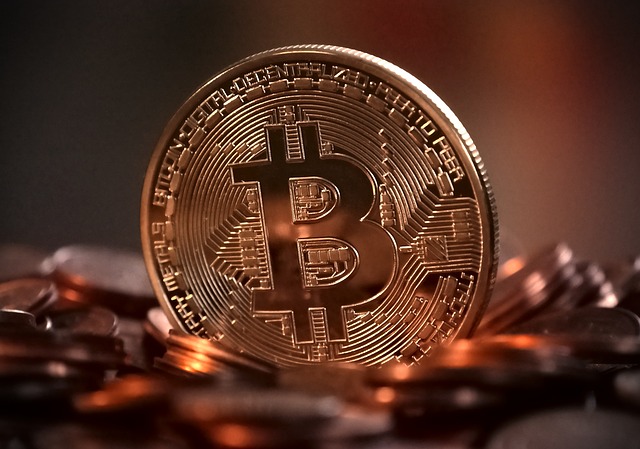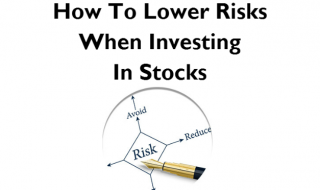
To clarify some questions and misconceptions surrounding the collapse of FTX.com, the Monetary Authority of Singapore (MAS) has recently issued a statement. The Bahamas-based crypto exchange company filed for bankruptcy in the US on Nov 11, 2022 and is said to owe about US$3.1 billion (S$4.26 billion) to its top fifty creditors. Its short reign started last 2019.
In the statement released by MAS last Nov 21, MAS highlighted three key points.
#1: IT IS NOT POSSIBLE TO PROTECT LOCAL USERS FROM FTX.COM
Since the company is not licensed under MAS and operates offshore, it is not possible to protect the local users who dealt with the bankruptcy of FTX.com. “MAS has consistently warned about the dangers of dealing with unregulated entities,” the central bank said.
#2: THERE WAS A CLEAR DIFFERENCE BETWEEN BINANCE.COM AND FTX.COM
To the central bank, there was a clear difference between fellow crypto exchange companies Binance.com and FTX.com. While both companies are not licensed in Singapore, Binance.com was actively soliciting users in Singapore while FTX was not.
“Binance.com in fact went to the extent of offering listings in Singapore dollars and accepted Singapore-specific payment modes such as PayNow and PayLah,” according to the statement released by MAS. Thus, it was placed on the Investor Alert List (IAL).
#3: IT IS IMPOSSIBLE TO LIST ALL CRYPTO EXCHANGES ON IAL
Hundreds of such exchanges and thousands of other entities offshore exist so, MAS says that it is not possible to create an exhaustive list of all offshore crypto exchanges in the world on the IAL. The purpose of the IAL is to “warn the public of entities that may be wrongly perceived as being MAS-regulated, especially those which solicit Singapore customers for financial business without the requisite MAS license.”

Image Credits: pixabay.com
Users looking to refer to all the MAS-regulated entities should refer to the Financial Institutions Directory. This directory keeps an exhaustive list of such entities. It is important to remember that crypto exchanges can and do fail.
“Even if a crypto exchange is licensed in Singapore, it would be currently only regulated to address money-laundering risks, not to protect investors,” says MAS.




